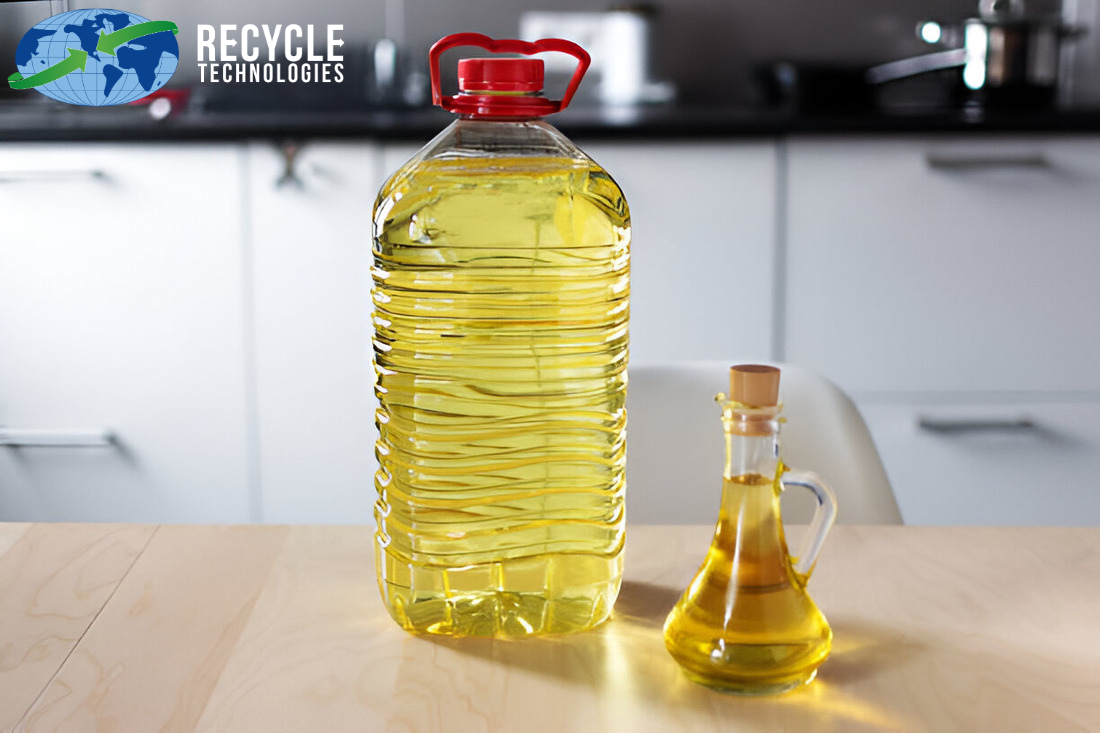Safe oil disposal is very important both for the environment and for public health. Improper oil disposal can cause severe environmental destruction, block drainage systems and poses health hazards, as it may be used motor oil, cooking oil, or industrial oil. This article explains some steps to safely dispose of these kinds of oil.
Why Proper Oil Disposal is Important
If not properly disposed, oil may cause disastrous results to the environment. For instance, used motor oil has contaminants like heavy metals and poisons that can pollute the running water, poison the wildlife, and even trickle to the drinking water. On the other hand, when poured down the drain, cooking oil can harden and clog plumbing systems, which can be quite expensive to repair and could potentially cause sewer backups, polluting local bodies of water. Proper disposal is necessary in order to avoid these problems and to ensure a healthier environment.
Types of Oil and How to Dispose of Them
1. Used Motor Oil
Used motor oil is one of the most common byproducts in vehicle maintenance. It has to be handled with care due to the presence of certain pollutants within the liquid. Once the oil of your vehicle is changed, gather the used motor oil in a leak-proof, clean container. Used motor oil can easily be given for recycling to many auto parts stores, service stations, and recycling centers for re-refining. This process of re-refining the oil will remove contaminants from it and restore it again to a reusable product to reduce further demand for the production of new oil and minimize environmental harm. Some facilities also allow oil filters; they should be drained and stored in a sealed plastic bag prior to proper disposal.
2. Cooking Oil
Actually, used cooking oil should not be poured down the drain or disposal or flushed down the toilet. It will clog pipes and add to larger plumbing problems in your community. Allow the oil to cool after use and then pour it into a sealable, non-breakable container. Then you can dispose of it in your regular trash. However, if you are going to use a lot of cooking oil regularly, then you may be able to arrange to deliver it to a reclamation service or register with the local grease recovery program. Many locales collect waste cooking oil to convert it into biodiesel, which is usually burned to generate power.
3. Industrial Oil
Chemically-treated oils, such as hydraulic or gear oil, have some characteristics that are hazardous. The oils should be collected in proper containers that can handle leakages and clearly labeled. Do not mix industrial oils with other waste or liquids, because this will make recycling difficult and will also lead to spillage. Take industrial oils to a licensed hazardous waste disposal or a recycling facility. Some companies have specialized in recycling industrial oil by reprocessing it into a purer form for re-use.
Also Read: Effortless Waste Management: Best Way Disposal Revealed
General Advice on Disposing of Oil
No matter the nature of the oil, there is a need for proper storage prior to disposal. Keep it in a container of sturdy construction, easily labeled, and sealing tight enough not to leak. Don't mix different kinds of oil; this makes recycling cumbersome and sometimes impossible. Also, educate other household members or colleagues on the significance of the issue and furnish them with the resources to make proper oil disposal possible.
If oil spills, clean it up using absorbent materials such as cat litter, sawdust, or special oil-absorbing material. Once you have removed most of the spill with the absorbent material, take up the dirty absorbent material in a sealed bag and dispose of it according to your local hazardous waste policy. Never use water to wash away oil because this could spread the contamination, making cleaning more difficult.
Conclusion
Proper disposal of oil safeguards the environment, public health, and plumbing and waste disposal techniques that work optimally. Whether it is motor oil, cooking oil, or industrial, taking that little time to dispose of it correctly goes a long way to prevent pollution, which is the basis to reduce waste and foster sustainability. You further this by adhering to the guidelines and enlightening others about the same.












